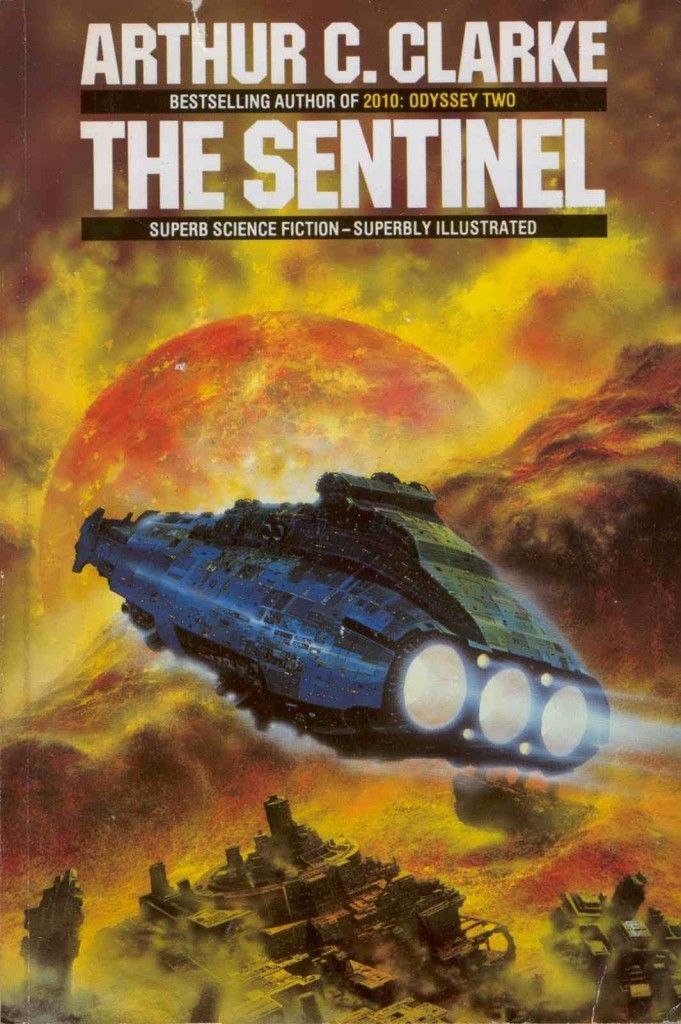For avid readers of science fiction, certain books always make their way onto classic reading lists. This list focuses on ten of these renowned novels, starting with “Dune” by Frank Herbert, which takes young Paul Atreides on a treacherous path across a warring faction-filled desert planet. Following in the footsteps of “Dune” is “The Hitchhiker’s Guide to the Galaxy” by Douglas Adams, a lighthearted and humorous adventure in which Arthur Dent and his friend discover the ups and downs of space travel among aliens. The list continues with works by Orson Scott Card, William Gibson, Liu Cixin, Aldous Huxley, Neal Stephenson, Isaac Asimov, H.G. Wells, and Philip K. Dick, each book offering its own brand of captivating storytelling, unique themes, and philosophical ideas.
1. “Dune” by Frank Herbert
One of the most famous science fiction novels of all time, “Dune” follows the story of young Paul Atreides on a dangerous journey through a desert planet ruled by warring factions. With complex political intrigue, epic battles, and themes of environmentalism, religion, and power, “Dune” is an absolute must-read for all fans of the genre.
2. “The Hitchhiker’s Guide to the Galaxy” by Douglas Adams
This hilarious and irreverent book follows the adventures of hapless human Arthur Dent and his friend Ford Prefect as they travel through the vastness of space, encountering bizarre aliens and even more bizarre adventures along the way. With a mix of sci-fi, satire, and absurdity, “The Hitchhiker’s Guide to the Galaxy” is a classic that has stood the test of time.
3. “Ender’s Game” by Orson Scott Card
Set in a future where Earth is under threat from an alien race called the Formics, “Ender’s Game” follows the story of young Ender Wiggin as he is recruited into a battle school and trained to become a commander capable of saving the planet. With themes of war, leadership, and morality, “Ender’s Game” is a masterful blend of action and philosophy.
4. “Neuromancer” by William Gibson
Considered one of the foundational works of the cyberpunk genre, “Neuromancer” takes place in a dystopian future where people can literally “jack in” to a virtual reality network. The story follows hacker Case as he is recruited by a mysterious employer to pull off a seemingly impossible job. With themes of artificial intelligence, corporate power, and the nature of reality, “Neuromancer” is a mind-bending ride.
5. “The Three-Body Problem” by Liu Cixin
This Chinese novel, translated into English in 2014, tells the story of a group of scientists trying to make contact with an alien race that may be hostile. With themes of physics, culture clash, and the limits of our understanding of the universe, “The Three-Body Problem” is a truly unique reading experience.
6. “Brave New World” by Aldous Huxley
Written in 1931, “Brave New World” is a dystopian novel that imagines a future society that has eliminated all sources of suffering and conflict through the use of advanced technology and social engineering. But at what cost? With themes of free will, individuality, and the dangers of conformity, “Brave New World” remains a powerful cautionary tale more than 80 years after its publication.
7. “Snow Crash” by Neal Stephenson
Another seminal work of the cyberpunk genre, “Snow Crash” takes place in a future America where corporations have replaced governments and people spend their time jacked into a virtual reality called the Metaverse. The story follows hero Hiro Protagonist (yes, that’s his real name) as he races to stop a virus that threatens to bring down both the real and virtual worlds. With themes of linguistics, religion, and the power of memes, “Snow Crash” is a thrilling and thought-provoking read.
8. “Foundation” by Isaac Asimov
Set in a far-off future where humanity has spread throughout the galaxy, “Foundation” tells the story of a group of scientists who try to save the knowledge of civilization from an inevitable collapse. With themes of history, sociology, and the limits of prediction, “Foundation” is a classic that still resonates with readers today.
9. “The Time Machine” by H.G. Wells
One of the earliest works of science fiction, “The Time Machine” tells the story of an inventor who travels forward in time to a far-off future where humanity has splintered into two races: the Eloi and the Morlocks. With themes of evolution, class struggle, and the nature of progress, “The Time Machine” is a timeless work that has inspired countless imitators.
10. “Ubik” by Philip K. Dick
One of the most mind-bending novels by one of the most mind-bending writers in science fiction history, “Ubik” follows the story of a group of people who are trapped in alternate realities that are slowly collapsing. With themes of death, reality, and the nature of consciousness, “Ubik” is a heady read that will leave you questioning everything you thought you knew about the world.
